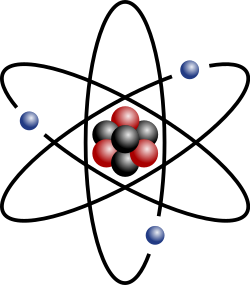Content
- Why to study physics?
- What are the areas of physics ?
- Why is physics so difficult to learn?
- How to study physics effectively?
- How to understand physics and its formulae?
- How to solve physics tasks?
- How to find a good tutor?
- Do we need physics after school?
- Physics as a source of knowledge
- Physics in technological process
- Physics and philosophy of the world study
- What is the secret of physics learning?
Physics can be called the basic science of the study of nature. All the laws of its existence are studied by this branch of knowledge. Taking its complexity into account, it is easy to find an approach to its learning.
The main thing is to find correct approach to learning.
WHY TO STUDY PHYSICS?
As soon as one starts to learn physics, it is hard to understand where it can be implemented in the future. The acquired knowledge may be useful in professional life.
The science of physics gives you a lot:
- Formation of observation skills;
- The ability to see the connection, its preservation in the phenomena.
- Correctly directed thinking, which is sometimes non-standard;
- The study of physics helps look at the surrounding world at different angle and understand what lies behind the most ordinary things;
- Good knowledge will be the basis for a successful career abroad.
When studying this discipline, it can seem very difficult and confusing. If you study science as a system, with constant practice and good teacher, it will become simple and interesting.
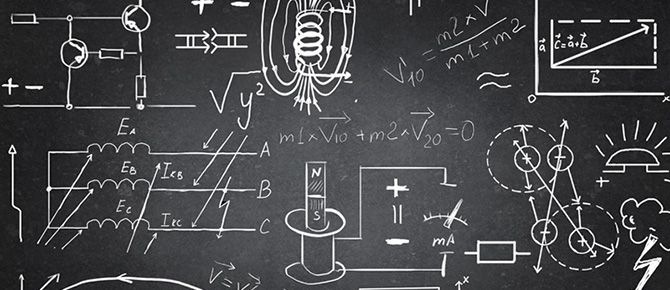
What are the areas of physics?
"Physics" is translated from Greek as "nature." This science conveys theoretical calculations and practical conclusions, including all forms and methods of existence of matter and field. The fundamentals of physics are studied in two different sections: micro- and macrophysics.
Microphysics has objects that cannot be seen with the naked eye (molecules, atoms, electrons, other elementary particles).
Macrophysics studies both objects, which are habitual for us (for example, the movement of a ball)
The structure of macroscopic physics includes mechanics, i.e. studies of body movement and the interaction between them, speed, distance (it can be classical, relativistic and quantum).
It is followed by thermodynamics (the study of heat), optics (light), electrodynamics (electromagnetic field, cosmic radiation, the relationship between electrical and magnetic phenomena).
Microscopic includes sections of quantum, nuclear, physics of elements and their properties.
The school course of physics is formed in the same manner. This way of the school course formation is explained by the easiness to study objects, familiar from the childhood. Therefore, the study of abstract physical categories of microphysics is more difficult than classical mechanics.
WHY IS PHYSICS SO DIFFICULT TO STUDY?
The first acquaintance with physics takes place at school, in the 6th or 7th form. There is a mild transition from natural sciences to more widespread examples from life, such as speed, weight, and rout. If you learn physics from the beginning, the process can be slow and hard due to several reasons:
- absence of equipment to demonstrate the work of physical laws. The simplest of them are hard to explain with the use of abstract definitions, such as «contour», «kinetic energy», «potential energy», «atom», «current», «energy conservation», «gas constant», «and wave». Abstract explanation in the book will not substitute real life experiments.
- teachers are not always able to make children interested. The process of education is limited by studying of laws, theories and definitions;
- complex themes are explained in the frames of school curriculum during the time, devoted to them. Interesting examples often remain unaddressed.
- Isolation of academic activity and deathlessness of discipline study leads to difficulties with physics learning.
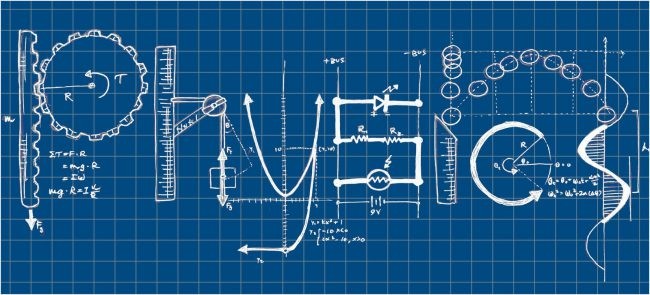
HOW TO STUDY PHYSICS EFFECTIVELY?
Learning physics may be useful in many cases: admission to a specialized university, passing an exam, writing a test paper, or just expanding ones knowledge. How to begin learning of physics? This is the main question. It can be done through formulation of the plan.
This plan includes the schedule of classes, but the principle of their learning:
- when considering a new topic, it is necessary to write all definitions, quantities, formulas, units of measurement;
- analyzing the physical law and its mathematical expression, find out which values are interrelated in it;
- in the process of training to solve new physical problems, repeat past topics. Try to invent tasks yourself;
- do not work for speed and do everything gradually. The volume of material must be dosed;
- solve problems, do not resort to intermediate numbers. The final formula should contain only the values, given in the task.
How to understand physics and its formulas?
Initially, physics was inseparable from nature. The first observations were conducted due to the subjects that surrounded people. The basic principles of physics have been formed based on the experience. With the flow of time, the experience was transformed into laws and theory.
Comprehensible physics formed the basis for more complex hypothetical constructions that led contemporary understanding of the world.
To understand physics as a science and formulas that describe the relationship of phenomena, one has to look around. All theoretical notions can be met at each step.
The fall of a stone is the transformation of potential energy into kinetic, overcoming the distance to the ground. Window curtain tension is the result of movement of air masses under the action of different pressures at diverse points. Gas exhaust car is the effect of pressure.
This subject is not a paragraph in a textbook, or an abstract task. The knowledge, gained at the lessons, must be projected onto the surrounding world.
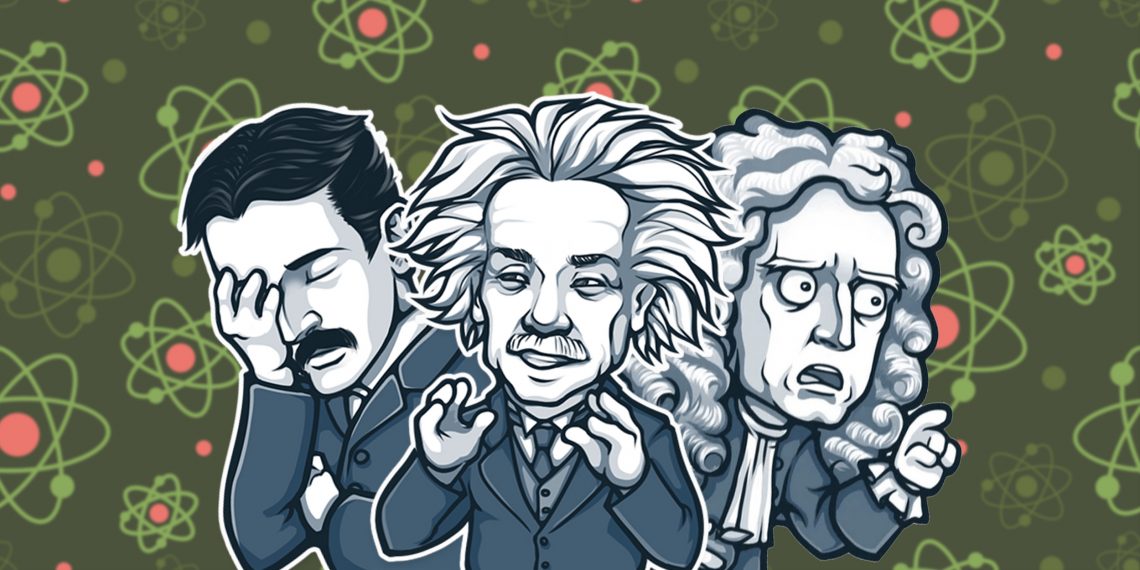
How to solve tasks in physics?
Solution of tasks in physics presupposes certain algorithm:
- Carefully read the assignment, find out which sections of physics are involved in it;
- Correctly make up a task, transform all the units of measurement to the SI system: kilometers into meters, grams into kilograms;
- Have a list of known formulas at hand. Choose the most appropriate from them;
- Use tables of constants (speed of light, density of substances, gas constant, wavelength, volume of 1 mole of ideal gas);
- Recall the laws that describe the interactions of the proposed values (they can be taken from the initial sections, as well as from quantum physics);
- Combine the formulas and values to find the final number of the answer;
- Make calculations and display the unit of measurement of the required value.
If case of any difficulties, it will be effective to imagine the situation in real life. Logic may give a prompt about correct and incorrect solutions.
How to find a good physics tutor?
The study of physics involves formation of a coherent theoretical knowledge base, the mastery of practical skills and ability to solve problems. It is very difficult to do it independently, because it is not always possible to compose an effective schedule of classes. Lack of outside control can also play a negative role. In this case, you should contact the tutor, who will tell you how to quickly learn physics.
A tutor will eliminate the “gaps” in the student’s knowledge, help transform knowledge into the system, and introduce an element of discipline into the classes. Due to the opportunity to work face to face with the student, the teacher will be working for improvement and maintenance of student’s knowledge.
For the student’s convenience, it will be possible to choose different formats of classes. They can be include online lessons or work at home with a physics tutor. The most appropriate format of training will help to cope with the task faster. Of course, the teacher will not teach you physics in 5 minutes, but will help you master it well.
Tutor should be picked up, paying attention to the feedback of previous students and what kind of education and experience he has.
DO WE NEED PHYSICS AFTER SCHOOL?
Many pupils think that physics is unnecessary after school. Abstract and hard-to-learn theories will not be used further. However, this opinion is wrong.
Basic laws of physics are around us. All electric appliances, digital devices, transport, use of gas and oil, liquids, crystals and atomic source of energy were invented on the basis of mechanic experiences. Technological progress uses knowledge of physics from the past, while modern innovations form a basis for the future technological breakthrough.
Development of humanity is based on the internal laws of nature. Scientists managed to create conditions for further development without asking how to learn physics.
In the process of learning nature, new branches of knowledge are being formed. This is the "engine of progress" of the planet.
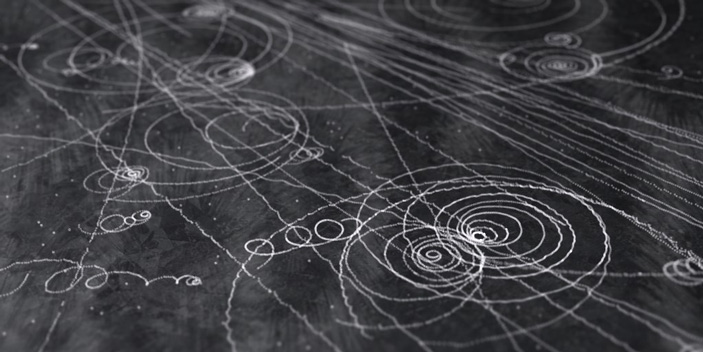
Physics is a source of knowledge
The discipline, which is now called "physics", was initiated as observation of nature. Initially, it consisted of recordings of behavior of surrounding objects, phenomena and their influences on the substances.
Gradually, certain internal patterns in the "behavior" of nature were noticed and connections related phenomena were formed. On their basis, the first physical theories were developed. Today, cosmic radiation is a well-studied phenomenon, however it used to be mysterious.
Today, new advances in science can explain physical phenomena (water becomes ice due to the formation of a crystal lattice at low temperatures). Such questions as why the color of the sky is blue” or why a person feels pressure drop, and why body weight does not change when the state of aggregation changes can be answered with the help of physics.
Physics in technological process
Knowledge of physics is actively used in the process of new inventions:
1903 - brothers Wrights invented the plane;
1908 - invention of television (Dikhman, Berda);
1908 - introduction of the first mechanic car (Henry Ford);
1970 - invention of mobile phone (Martin Cooper);
1946 - invention of computer (John Mockley);
1956 - videocassette recorder (Alexey Poniatov);
1957 - launch of the first artificial satellite of the Earth;
1961 - Entrance of the man to earth;
1969 - man landing on the moon;
1912 - invention of parachute (Berry).
Such a small list was not occasionally chosen. Now it becomes clear that these inventions and achievements have undergone significant changes. However, the principle of their operation is based on physical laws.
Physics and philosophy of the world studying
Due to knowledge of physics, you can create a different view of the things around. Initially, objects may seem to be unrelated, but everything becomes clear and connected in mind later.
It affects the worldview of the person and his ability to influence the environment. Those things and notions that used to be inexplicable and unknowable are now getting potential for development. One of the examples is the discovery of current, without which humanity is hard to imagine today.
The philosophy of knowledge of the world allows explaining the exiting phenomena and assuming the probability of potential ones. This type of knowledge allows expanding the boundaries of thinking and inventing new tools for research.
WHAT IS THE SECRET OF PHYSICS LEARNING?
Since physics is a multifaceted subject, it requires attentive and complex studying. Reading book and studying theory is not effective.
Teacher is a significant component, who will be able to explain the basic laws of physics or demonstrate how to solve the task correctly. He is to give an impulse to the pupil.
The second part of this process is an independent approach, which presupposes creation, invention and trying. As a result this science will turn from laws and theories into a reliable assistant of learning the surrounding world.
